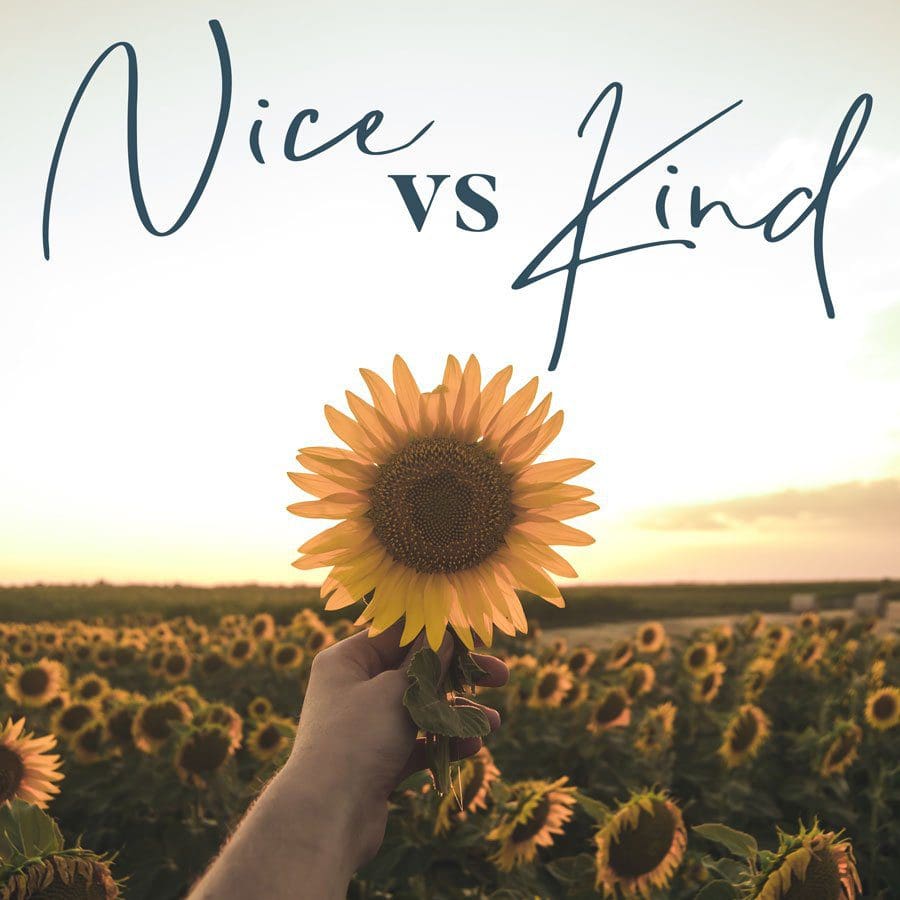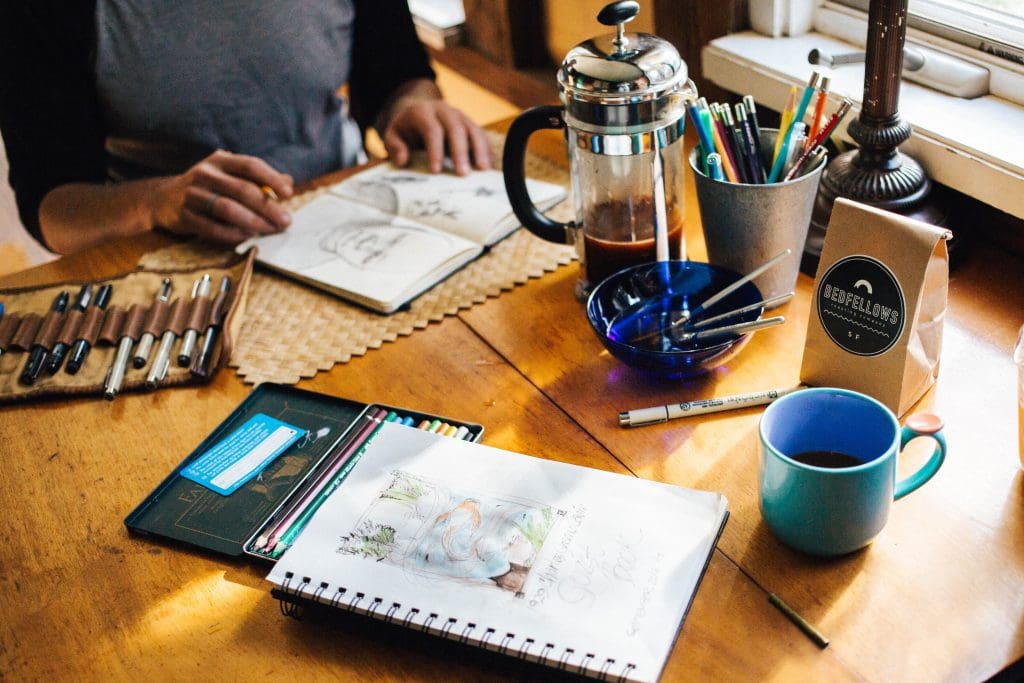
Attachment Theory
February 20, 2023 in Educate Yourself

Image: The Four Attachment Styles – Secure, Preoccupied, Dismissive, and Fearful
An interesting contributing factor to how adults form relationships with others can be traced back to attachment theory. This was developed by John Bowlby in 1969; he believed that there are four attachment styles: anxious (referred to as preoccupied in adults), avoidant (referred to as dismissive in adults), disorganized (referred to as fearful-avoidant in adults, and secure.
Bowlby suggested that these styles begin to develop when we are young children based on how we interacted with our primary caregivers. This is known as “the internal working model“. For instance, if an individual’s caregiver was constantly letting them down (forgetting to pick them up from school, not making them dinner, etc.), this may lead to an avoidant (dismissive) attachment style of the individual later in life.
Some other researchers, however, posed that rather than one internal working model that is generalized across all relationships, each type of relationship compromises a different working model. This means that a person can have a secure attachment with their parents but still be insecurely attached in romantic relationships later in life.
Understanding attachment styles can help individuals to better understand themselves and their relationships.
Secure Attachment Style: Individuals with this attachment style value their relationships and affirm the impact of those relationships on their personalities. They display a readiness of recalling and discussing attachment that suggests they often reflect on their previous relationships.
Anxious Attachment Style: Individuals with this attachment style crave intimacy but feel very anxious that their romantic partner will not meet their needs. They struggled to please their parents in the past, and their parents’ behaviors were very inconsistent. These individuals characterize their romantic relationships as having the desire for reciprocation, emotional highs and lows, and extreme jealousy.
Avoidant Attachment Style: These individuals often avoid close romantic relationships and intimacy with others in order to maintain a sense of individuality and invulnerability. They tend to be afraid of intimacy, get very jealous, and are inconsistent in their feelings. They view others as untrustworthy in a romantic sense and have learned to suppress their true emotions to try to “protect themselves” from vulnerability.
Fearful Attachment Style: Individuals with this attachment style hold a negative image of themselves and of others, fearing both intimacy and autonomy. They prefer casual relationships because they are afraid of getting closer to others. They may prefer to keep these casual relationships at a distance so that things do not become too emotionally intense and may be reluctant to share a lot about themselves to protect themselves from what they believe to be inevitable hurt. If these individuals are in a relationship with someone secure, they may be suspicious of why this is. They tend to expect the worst out of their relationships.
Do you see parts of yourself represented in any of these attachment styles? What attachment style is your partner?
Do you think you would use this knowledge of your attachment style to better your future relationships?






 Spending a lot of time with yourself also will make you a better friend, partner, and family member. It helps you to appreciate those relationships that you have so much more, and it makes the times that you do get to spend with others that much more special. I have a relationship starting to build with someone from home and the distance has proven to be a struggle; however, this time away is going to make the time spent together that much better. It also has allowed for me to get to know myself and them better emotionally.
Spending a lot of time with yourself also will make you a better friend, partner, and family member. It helps you to appreciate those relationships that you have so much more, and it makes the times that you do get to spend with others that much more special. I have a relationship starting to build with someone from home and the distance has proven to be a struggle; however, this time away is going to make the time spent together that much better. It also has allowed for me to get to know myself and them better emotionally.





Recent Comments